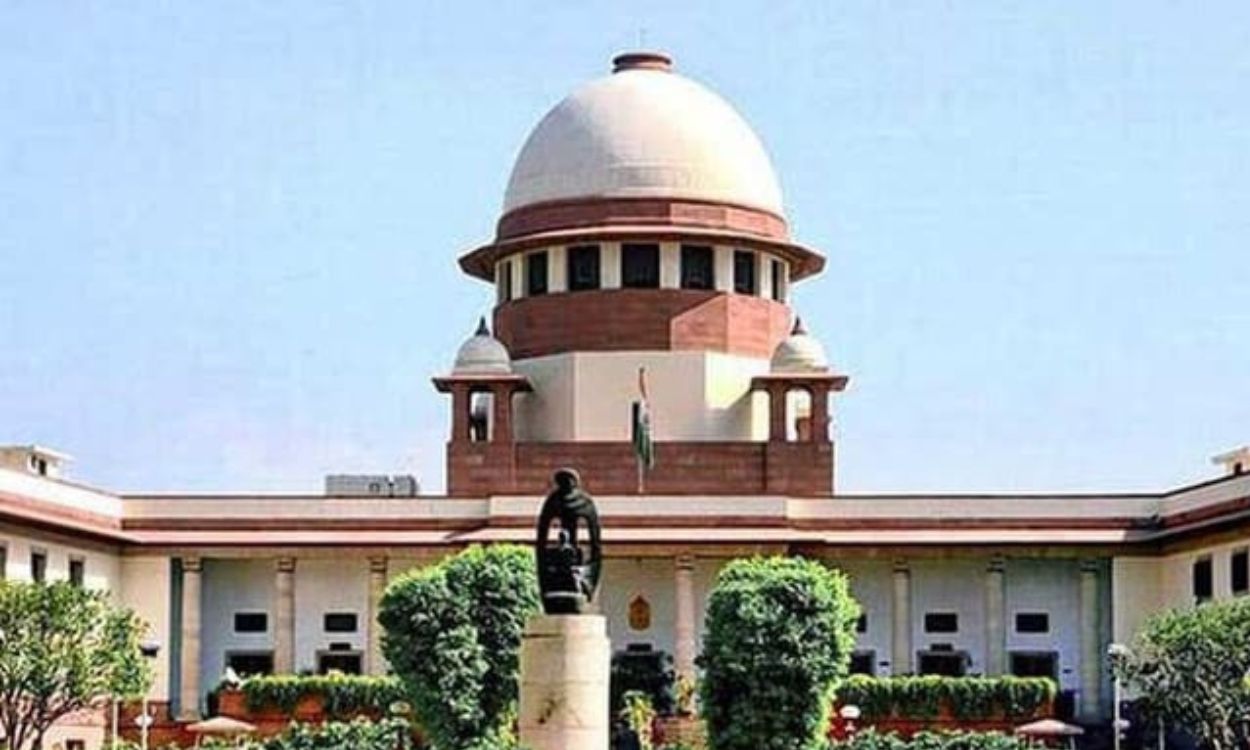Ishfaq gulzar cni
New Delhi, cni: The Supreme Court on Friday declined to directly entertain a Public Interest Litigation (PIL) challenging the Jammu and Kashmir administration’s decision to ban 25 books on Kashmir, and advised the petitioner to approach the Jammu & Kashmir and Ladakh High Court instead.bench comprising Justices Surya Kant, Joymalya Bagchi, and Vipul M. Pancholi said that since some of the authors of the proscribed books are residents of the Union Territory, the High Court would be better placed to appreciate the matter.
“Recently, there’s an attempt to bypass High Courts. Let’s have the advantage of the HC opinion. We have seen the list of the books. Some local people are talking about issues. HC would be in a better position,” Justice Kant observed during the hearing.
The bench ordered that the matter, once filed, be placed before a three-judge bench led by the Chief Justice of the High Court and requested the High Court to endeavour to decide it at the earliest. The apex court clarified that it had not expressed any opinion on the merits of the case.
The plea was filed by Shakir Shabir, a Kashmir-based lawyer, represented by Senior Advocate Sanjay Hegde. He argued that Section 98 of the Bharatiya Nagarik Suraksha Sanhita (BNSS), which empowers the government to forfeit publications deemed objectionable, was being misused. Hegde contended that an order by an official in one state could have an all-India effect, leading to blanket seizure of literature, which he termed excessive.
However, the bench insisted that the High Court should examine the issue. When Hegde suggested transferring the matter to another court, Justice Kant remarked that sidelining the jurisdictional High Court would be “demoralising”, adding, “The High Court is a constitutional court. Let it decide.”
The impugned notification, issued earlier this year by the J&K Home Department with the approval of Lieutenant Governor Manoj Sinha, claimed that certain publications propagated false narratives and secessionist ideas. It stated that such literature distorted historical facts, glorified militants, vilified security forces, and promoted alienation and radicalisation among youth.
The list of banned books includes “The Kashmir Dispute 1947–2012” by A.G. Noorani, “Kashmir at the Crossroads” and “Contested Lands” by Sumantra Bose, “In Search of a Future: The Kashmir Story” by David Devadas, “Azadi” by Arundhati Roy, and “A Dismantled State: The Untold Story of Kashmir After Article 370” by journalist Anuradha Bhasin.
Authorities said the books were found to excite secessionism and endanger the sovereignty and integrity of India, thereby attracting provisions of Sections 152, 196 and 197 of the Bharatiya Nyaya Sanhita 2023. Cni
